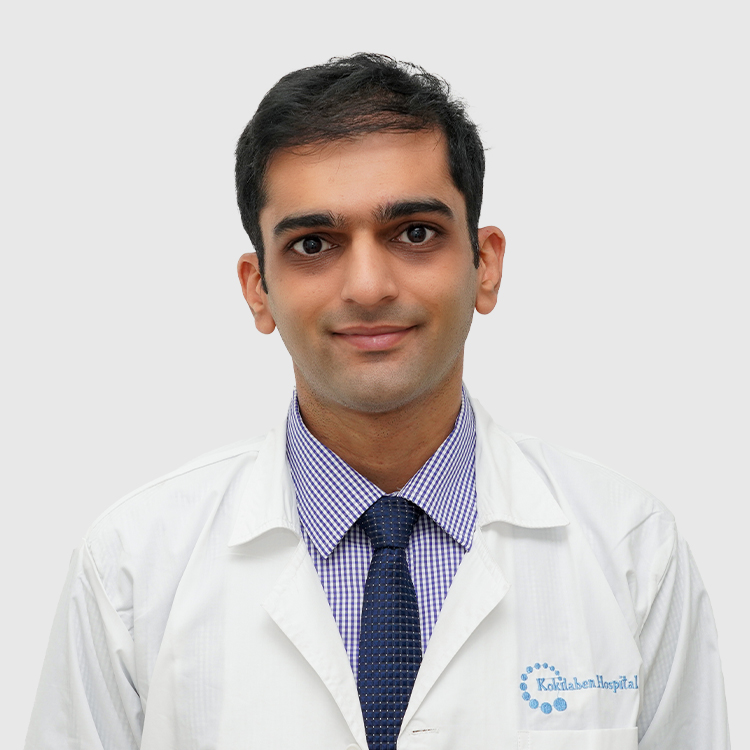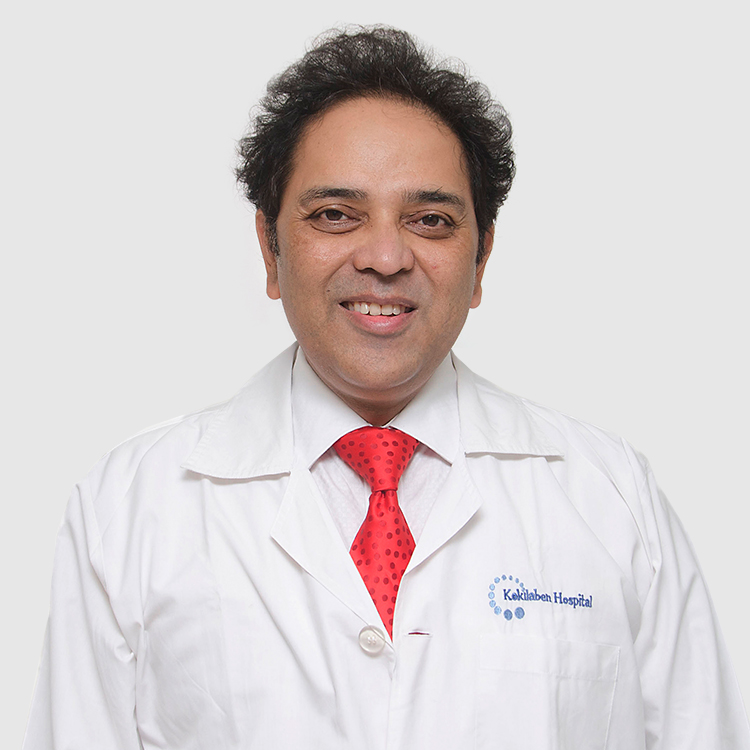Pediatric cancer refers to malignant diseases that occur in children and adolescents, typically affecting individuals from birth to age 19. Though rare compared to adult cancers, the impact of pediatric cancer is profound, not only on the young patients but also on their families. Early diagnosis and specialized treatment are critical in improving outcomes, as children’s bodies respond differently to cancer and its therapies than adults.
At our Pediatric Cancer Program, we strive to provide compassionate care that addresses both the medical and emotional needs of our young patients and their families.
Recognizing the symptoms of pediatric cancer is crucial for timely intervention. Common signs may include:
Other symptoms can manifest as changes in vision or hearing, persistent pain in bones or joints, or easy bruising and bleeding. These symptoms can sometimes be mistaken for other illnesses, making awareness and vigilance essential. Parents should consult a child specialist if they notice any concerning signs in their children, ensuring a thorough evaluation.
Pediatric cancer encompasses various types, with leukemia, brain tumors, and neuroblastoma being among the most prevalent. Leukemia, particularly acute lymphoblastic leukemia (ALL), is the most common type of cancer in children. Brain tumors, which can affect cognitive and physical development, are another significant concern. Neuroblastoma, arising from nerve tissue, primarily affects infants and young children. Other types, such as Wilms tumor (kidney cancer) and retinoblastoma (eye cancer), also warrant attention. Understanding these common types helps in recognizing symptoms and seeking appropriate care.
Treatment for pediatric cancer varies based on the type and stage of cancer but often includes a combination of surgery, chemotherapy, and radiation therapy. Newer approaches such as targeted therapies and immunotherapy are also being integrated into treatment plans, offering hope for more effective outcomes with fewer side effects. The Pediatric Cancer Program at our facility, one of the largest childrens oncology care centres in Mumbai, provides state-of-the-art treatment options in a child-friendly environment. Our Paediatric Oncologist and multidisciplinary team collaborates closely with families to tailor treatment strategies that align with each child's unique needs and circumstances.
Experts at our Centre for Cancer provide comprehensive paediatric cancer care in Mumbai equipped with the most advanced technology. We are one of the most renowned paediatric cancer treatment hospitals in Mumbai and are committed to delivering comprehensive treatment and support, ensuring that children diagnosed with cancer receive the highest quality care possible.
Pediatric oncologists possess specialized training and expertise tailored to treat cancer in children. Unlike regular oncologists, who primarily focus on adult patients, pediatric oncologists understand the unique physiological and developmental aspects of children. This specialization allows them to develop targeted treatment plans that consider the long-term effects of therapies on growth, development, and overall health. Reach out to experts at one of the best paediatric cancer care hospitals in Mumbai. At our Centre for Cancer, our pediatric oncology team is dedicated to providing holistic care that encompasses the medical, emotional, and psychological needs of young patients and their families.
The outcomes in paediatric cancers are, in general, much better compared to that in adults. The five-year survival rates for the more common paediatric cancers are:
| Leukaemia | 90 per cent |
| Brain and other Nervous System Tumours | 71 per cent |
| Wilms tumour (kidney cancer) | 88 per cent |
| Hodgkins lymphoma | 95 per cent |
| Non-Hodgkins lymphoma | 86 per cent |
| Rhabdomyosarcoma | 68 per cent |
| Neuroblastoma | 74 per cent |
| Osteosarcoma (bone cancer) | 70 per cent |

Bone & Joint/Orthopaedics, Cancer
Bone & Soft Tissue Tumors – Sarcoma treatment, metastases management Limb Salvage & Reconstruction – Megaprosthesis, 3D-printed implants Minimally Invasive Pediatric Tumor Surgery – Joint-preserving procedures Navigation-Guided Tumor Surgery – Precision-driven cancer surgery Extended Curettage for Benign Tumors – Bone cysts, giant cell tumors Pathological Fractures & Metastatic Bone Disease – Advanced care solutions Innovative Bone Recycling Techniques – Extracorporeal irradiation, custom implants Rotationplasty & Complex Limb Reconstruction – Functional preservation techniques

Cancer/Medical Oncology, Children/Paediatrics, Mother & Child, Transplant/Bone Marrow Transplant, Clinical Haematology, Fetal Medicine, Regenerative Medicine
Bone Marrow Transplantation, Thalassemia & Sickle Cell Disease , Leukaemia, Lymphoma & Blood cancers, Brain tumours, Neuroblastoma and other Paediatric Tumours